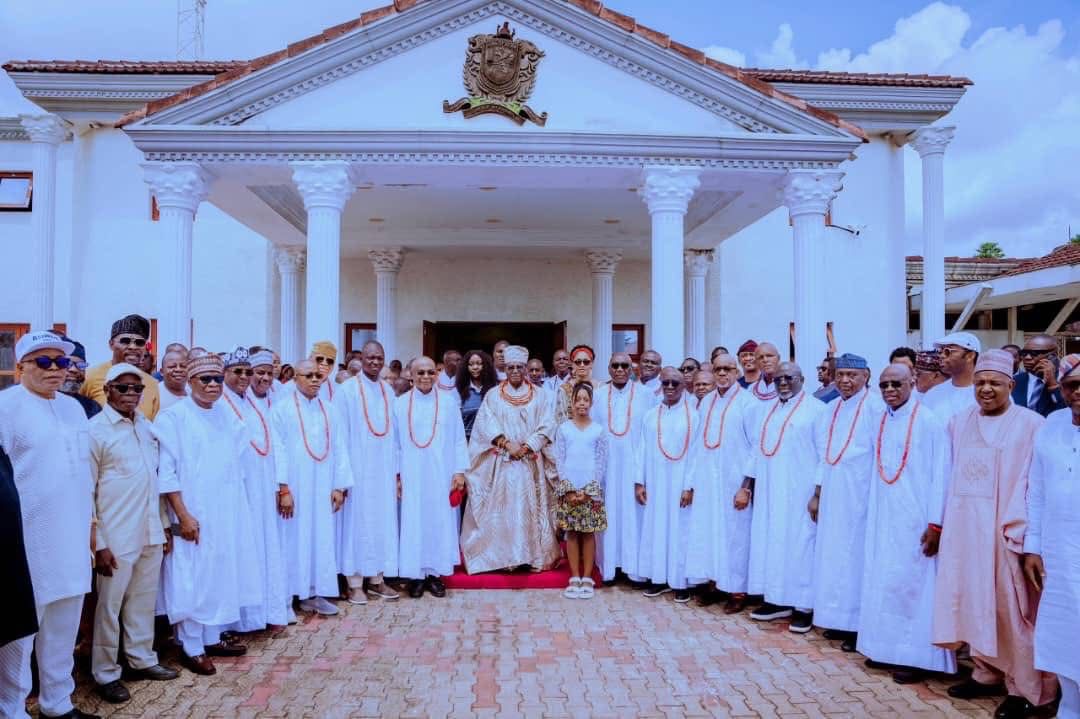To reduce corruption, stakeholders have agreed to collaborate with Africa Network for Environment and Economic Justice (ANEEJ) to strengthen anti-corruption reforms in Nigeria with the implementation of the Civil Society Advocacy to Support Anti-Corruption and Rule of Law (CASARN) project.
The stakeholders made their commitments to support the implementation of the CASARN project during an inception meeting of the (CASARN) project in Benin City.
The ANEEJ Executive Director, Rev. David Ugolor in his welcome address, said the CASARN project is designed by ANEEJ as part of the Rule of law and Anti-Corruption (RoLAC 11) programme, adding that the purpose of the meeting was to introduce the project to stakeholders and seek their collaboration to implement the project and deliver on set objectives.
According to Rev. Ugolor, who was represented by ANEEJ Programme Manager, Innocent Edemhanria, corruption remains a significant challenge to Nigeria’s growth and development, its effects are far reaching, hindering economic progress, public service delivery and citizens’ trust in governance.
“Today’s gathering represents a pivotal step in our joint mission to combat these obstacles through effective civil society advocacy, strategic partnerships and supporting institutional reforms.
“Nigeria is consistently being ranked as one of the most corrupt countries or territories in the world as evidenced by several transparency international corruption perception index reports in 2023 which indicate that Nigeria ranked 145 out of 180 countries and scored 25 out of 100 points.
“The situation in Nigeria is particularly worrisome as it appears that some powerful individuals can undermine the system and escape justice.
“Today, we see former governors resisting or evading arrest, some current governors have even challenged the constitutionality of the law that sets up EFCC, NFIU and others in court.
“We have also observed that some powerful politicians seem to have captured the judiciary, a good example of “State Capture. We have therefore reached the conclusion that it is better to prevent corruption than to allow it to flourish before fighting the scourge,” he noted
The Executive Director of ANEEJ said The RoLAC 11 project is now being implemented by the International Institute for Democracy and Electoral Assistance (International IDEA) with funding from the European Union (EU), adding that, the goal of ANEEJ CASARN project is to contribute to reducing corruption in Nigeria through civil society advocacy to strengthen systems, improve service delivery and support anti corruption reforms.
“Through the CASARN project, we seek to address corruption head on by working closely with government agencies, CSO, and the media to support critical transparency reforms and empower citizens to hold their leaders accountable.
“Some of the main target groups for the project include Federal and Edo State Government MDAs such as the Federal Ministry of Justice, ICPC, office of the Head of Service Edo State, Technical Unit on Governance and Anti-Corruption Reforms (TUGAR), Bureau of Public Procurement, Edo state government, and Edo State Ministry of Justice.
“Others include women and youths focused groups, persons with disabilities, other CSO’s working on anti-corruption, transparency and accountability, budget monitoring, procurement monitoring among others, faith based organizations, religious and traditional institutions and media,” he said.
In their various contributions during the meeting, participants which included representatives from government institutions, anti-corruption agencies, civil society organizations (CSOs), and media, the Bureau of Public Procurement (BPP), the Technical Unit on Governance & Anti-Corruption Reform (TUGAR), the Edo State Ministry of Justice, the Edo State Bureau of Procurement, The Independent Corrupt Practices and Other Related Offences Commission (ICPC) and the Economic and Financial Crimes Commission (EFCC) alongside various CSOs agreed to support and work with ANEEJ to achieve its objective of reducing corruption.
Among those who shared insights and proposed strategies for achieving the projects objectives are The RoLAC State Coordinator, Uche Nwokedi; TUGAR Officer II, Ms. Favour Eze; Head of Regulations & Database/ICT Department, BPP, Adesina Mokuolu; Edo State Commissioner, ICPC, Mrs. Premo Ayaoge; and Head of Public Affairs, EFCC, Mr. Williams Osaghale.
They said they will collaborate and partner with the project to ensure that some people are not above the law, and they focused on identifying entry points for CSOs in corruption prevention, sustaining advocacy efforts, and implementing effective strategies to support the Edo State Integrity and Accountability Strategy (EDSIAS), the Freedom of Information (FOI) Act, and the Open Government Partnership (OGP) initiative in Edo State.


